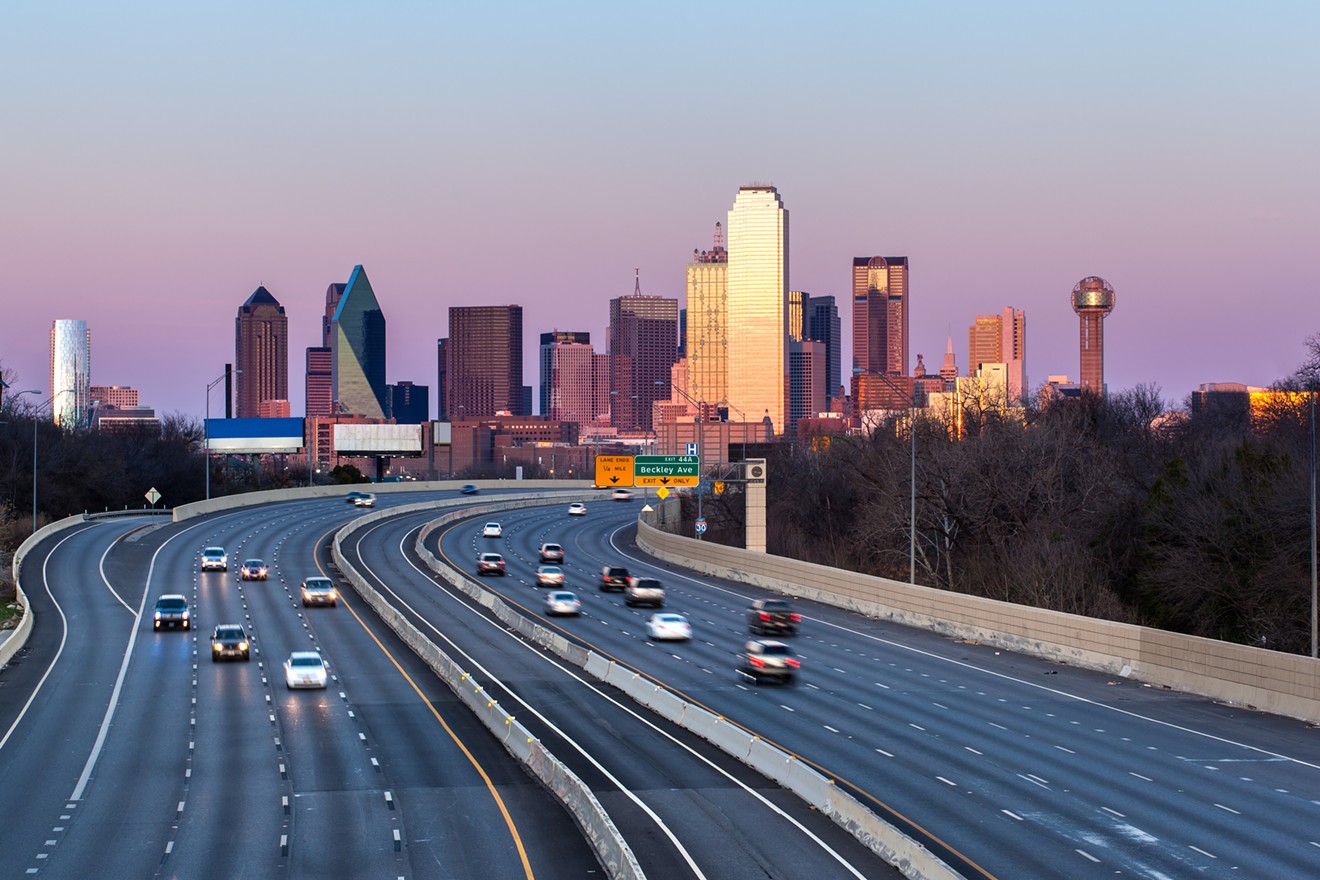According to the plan, which is the first of its kind in the region, the city will set targets for reducing emissions 43% within the next decade and becoming fully carbon-neutral by 2050.
"It's not going to be everything everyone wants," acknowledged City Council member Omar Narvaez, chair of the committee that's been overseeing the effort. But he said he's excited to see the plan finally coming to fruition.
"The important part is getting this going so we can start the implementation process," he said.
Both Mayor Eric Johnson and his predecessor, Mike Rawlings, committed the city to meeting the goals expressed in the 2015 Paris climate agreement. The United States backed out of the agreement two years later, but Dallas joined cities across the country in promising to uphold its principles.
To do this, the document proposes 90 actions the city can take — many in the next five years. They include deploying a fleet of electric buses and revamping the city's building codes."It's about establishing a collective community vision. This is a risk we all face together." — James McGuire
tweet this
And its recommendations are not limited to reducing greenhouse gases. They cover an array of social problems like food deserts and dirty air, which, it notes, disproportionately affect communities of color.
"It's about establishing a collective community vision," said James McGuire, the city's sustainability director. "This is a risk we all face together."
But the plan is frank about its limitations. Implementing all of its recommendations would achieve less than half the emissions reductions necessary to meet the 2030 interim target. These recommendations, it reads, are a "good start" but require "greater action to achieve the City’s ambitious targets."
A big part of the problem is that the city, in many senses, does not control its own destiny. The state's deregulated energy market, whose reliance on fossil fuels is driving the city's greenhouse gas emissions, is largely outside council members' control.
"We're not able to just pass down mandates in all of these areas and make things change," McGuire said. He pointed out that Dallas lacks the regulatory authority and political climate that would be necessary to pursue the most aggressive actions, and praised the plan's collaborative approach.
The state Legislature has a history of fighting local climate change initiatives, like when it instituted limits on tree-removal ordinances in 2017.
"It's so important that the things in here be viable and reasonable and why we had environmental advocates and environmental justice advocates at the same table with the business community and with academia," McGuire said.
As such, the plan relies, at least initially, on carrots, not sticks.
"The actions presented in this plan are designed to be implemented with an initial emphasis on education and voluntary participation, followed by incentives, then mandates, and ordinances. As such, there are currently no new mandates included prior to the 2030 target year," it reads.
The current version of the plan, which was commissioned by the council in early 2018, is still just a draft. The city has set up an online forum to solicit feedback.
And much of the long-term strategy still needs to be fleshed out. The final section of the document, which discusses plans for implementation and monitoring of the proposals, is only a few pages long. Still, the city promises to hold itself accountable and publish annual reports detailing its progress.
A final version is expected to be released in April on Earth Day.
Rita Beving, a Dallas environmental activist who works for the nonprofit Public Citizen, said she has concerns about who will fund the plan and wants to see a more aggressive time frame on some of the proposals. Public Citizen was one of nonprofits that helped inform the plan.
Still, despite her reservations, Beving said the city has come a long way.
"I've been in this town working since 1995 on the environment, and if you would have said to me then that we would have a Climate Action Plan someday in Dallas, I would have said you're crazy," Beving said. "And here we are. ... I feel like Dallas can lead the way for the rest of the metroplex."












